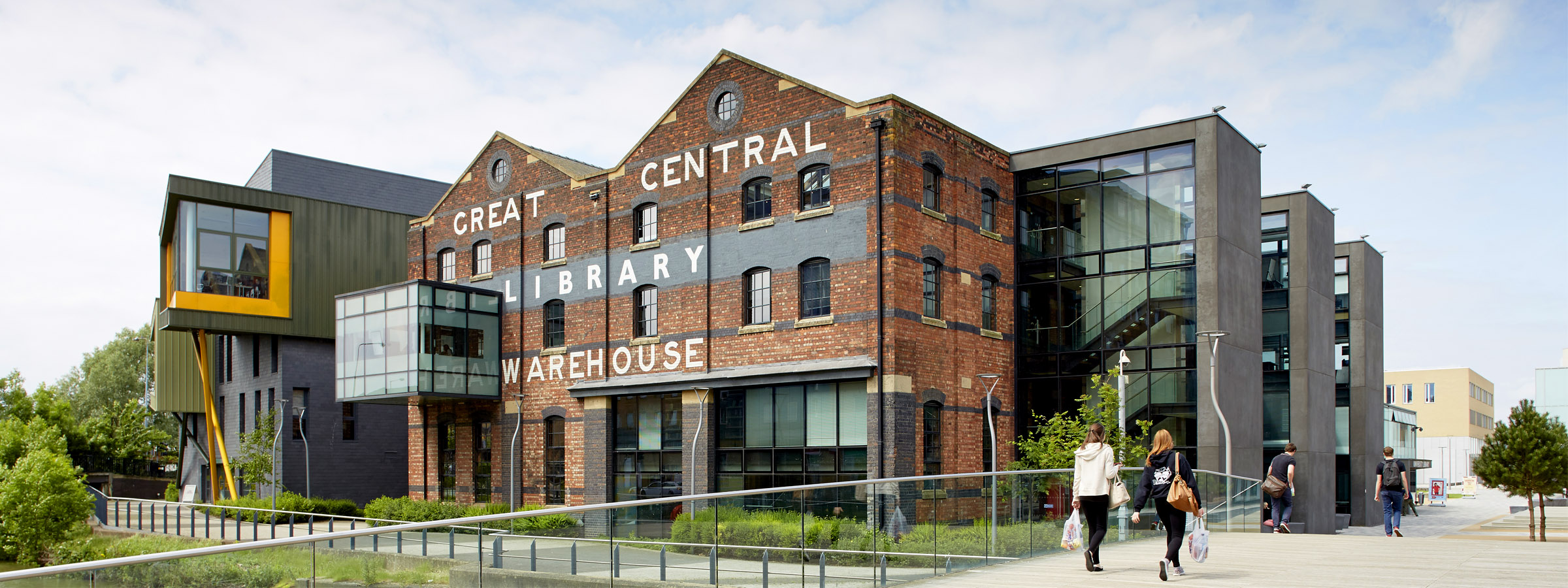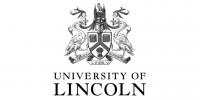MA Photography
This Master’s programme provides the opportunity to experiment with new photographic processes and to explore photography as a tool to engage and stimulate social thinking.
While the photographic image remains fundamental to your study, the focus of this programme is social, cultural and political. To support your ongoing practice in photographic exhibition and scholarly research, the course includes seminars on cultural, media and philosophical theory, talks by visiting practitioners, group debates about different methodologies and workshops on photographic technique.
You will be encouraged to learn from, and collaborate with, experienced staff and your fellow students in order to develop your own creative style.
Campus Information
Brayford Pool campus
Our stunning Brayford Pool campus is situated in the city centre with academic buildings, accommodation, shops, restaurants and cinema all within walking distance.
Intakes
- Sep
Application Processing Time in Days: 14
Application Process
Minimum English Language Requirements
| English Level Description | IELTS (1.0 -9.0) | TOEFL IBT (0-120) | TOEFL CBT (0-300) | PTE (10-90) | |
|---|---|---|---|---|---|
| Expert | 9 | 120 | 297-300 | 86-90 | |
| Very Good | 8.5 | 115-119 | 280-293 | 83-86 | |
| Very Good | 8 | 110-114 | 270-280 | 79-83 | |
| Good | 7.5 | 102-109 | 253-267 | 73-79 | |
| Good | 7 | 94-101 | 240-253 | 65-73 | |
| Competent | 6.5 | 79-93 | 213-233 | 58-65 | |
| Competent | 6 | 60-78 | 170-210 | 50-58 | |
| Modest | 5.5 | 46-59 | 133-210 | 43-50 | |
| Modest | 5 | 35-45 | 107-133 | 36-43 | |
| Limited | 4 | 32-34 | 97-103 | 30-36 | |
| Extremely Limited | < 4 | < 31 | < 93 | < 30 |
Job Opportunity Potential
The course aims to develop the technical and critical-thinking skills that can prepare students for careers in a variety of creative industry sectors. Graduates have gone on to work as independent photographers, in arts organisations or on to careers in academia. Some choose to undertake study and research at doctoral level.
This course recognises that photography is no longer the exclusive preserve of photographers. Image making has become diffuse, it has crossed boundaries, it has been drawn into many diverse fields of employment. Accordingly, the value of the various skills and experience that you have the opportunity to develop throughout this MA may not be limited to work in the field of photography but could be valued within any number of employment sectors.
By encouraging you to embark upon and develop a socially-engaged practice, we hope to inspire you to develop new relationships with communities, organisations, and individuals.
PSW Opportunity
UK has announced 2 years PSW for 2021 graduates.
Admission Requirement / Eligibility Criteria
First or upper second class honors degree in a media-related subject or equivalent experience in a related industry.
We welcome students from a multiplicity of backgrounds, meaning that these qualifications and professional experiences need not have been gained in the field of photography.
Interviews
All applicants will be invited to an interview in the form of an informal conversation, which may be held via Skype or similar remote means if necessary.
We welcome students who are keen to join us in exploring three key areas:
- Photography in a 'media ecological' context
We aim to focus on the relations between technical, social, and political processes of mediation. We are interested in photography?s entangled role as part of a dynamic system in which image production and consumption is informed by a pattern of relations between individuals, political and economic institutions, and commercial brands. This means we also approach photography as something with affective consequences which influences the way we live.
- The role of photography in the 21st Century
We are interested in making creative work that is attuned to the concerns of the present and opens up and challenges present assumptions. You will have the chance to interrogate the work of others against these criteria. Yet by focusing on the critical importance of the 21st Century we do not advocate a historical approach, we see photography as a tool to perceive history as the means to bringing the past into the present?s critical context.
- Photography as a socially-engaged practice
Examining photography in terms of relationships and processes is designed to ensure that our students are less fixated on individual self-expression and more decisively engaged in collaboration. Students embarking on this MA will have the opportunity to explore how photography can do something more than represent social dynamics. You have the chance to explore photography as a device of both artistic and social engagement, and employ photographic mediation as a way to make things happen
Bangladesh
Prospective students require one of the following qualifications:
- Successful completion of a 4 year Bachelor's degree from a recognized institution. A minimum of 65% overall, or a GPA of 3.5, is generally considered comparable to a 2:1. A minimum of 60% overall, or a GPA of 3.0, is generally considered comparable to a 2:2.
- Successful completion of a Master's degree from a recognized institution, preceded by a 3 year Bachelor's degree
English Language Requirements
- IELTS 6.0 (with no less than 5.5 in each band score). Please note that some courses require a higher IELTS score.
India
Prospective students require a good Bachelor's degree from a recognized institution in India (or the UK) with a minimum grade of 50%.
English Language Requirements
Prospective students require one of the following qualifications:
- A minimum of 70% in the Standard XII awarded by CISCE or CBSE (for courses requiring IELTS 6.0). These qualifications should usually have been completed no more than 5 years before enrolling at the University of Lincoln. However, this requirement will usually be waived for applicants who achieved the required High School English grade and subsequently completed a degree in their home country that was taught fully in English. An official letter from the previous institution, confirming that the degree was taught in English, may be required.
- IELTS 6.0 (with no less than 5.5 in each band score). Please note that some courses require a higher IELTS score.
Nepal
Entry requirements vary depending on the course. Typically we require a good Bachelor (Hons) degree from a recognised institution with a minimum of 60% (4-year Bachelor degree).
English Language Requirements
Prospective students require the following qualifications:
- IELTS 6.0 (with no less than 5.5 in each band score). Please note that some courses require a higher IELTS score.
Pakistan
Entry requirements for postgraduate (Master's degree) programs vary by course, although typically range from a GPA of 2.5 – 3.0 (out of 4) if you have studied at a Public university*.
Specific information on postgraduate entry requirements can be found on the individual program pages.
For comparison purposes, a GPA of 2.5 (out of 4) is the equivalent of a 2:2 honors degree. A GPA of 3.0 (out of 4) is the equivalent of a 2:1 honors degree.
English Language Requirements
- English language requirements vary by program although typically range from IELTS 6.0 – 7.0 (or equivalent).
Students who do not meet the above English language requirements may be eligible for entry onto a Pre Sessional English and Academic Study Skills (PEASS) course.
Sri Lanka
Prospective students require a good Bachelors's degree from a recognized institution.
English Language Requirements
- IELTS 6.0 (with no less than 5.5 in each band score). Please note that some courses require a higher IELTS score.
- Course Code: DGIMPHMA
- Course Type: Full Time
- Course Level: Masters/PG Degree
- Duration: 01 Year
-
Total Tuition Fee:
14000 GBP
Annual Cost of Living: 9207 GBP
Application Fee: N/A
Similar Programs
- MA Choreography and Performance Practices at University of Lincoln
- MA Digital Media at University of Lincoln
- MA by Research Equality, Diversity and Inclusion at University of Lincoln
- MPhil Equality, Diversity and Inclusion at University of Lincoln
- MPhil International Relations at University of Lincoln
- MA Theatre for Young Audiences at University of Lincoln

